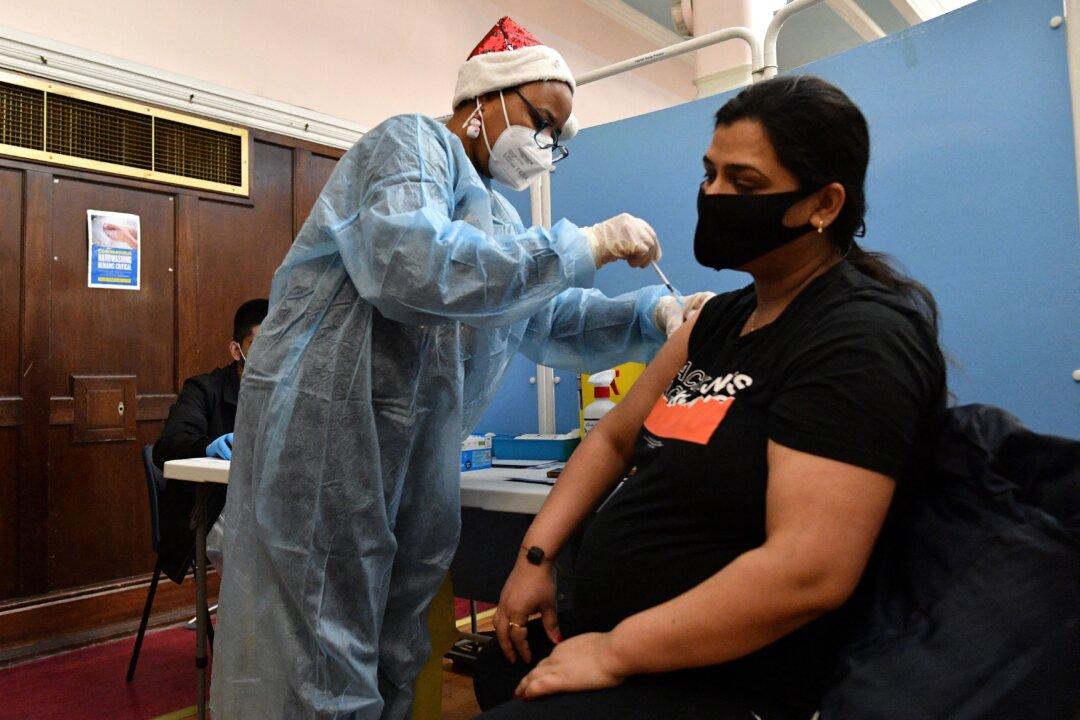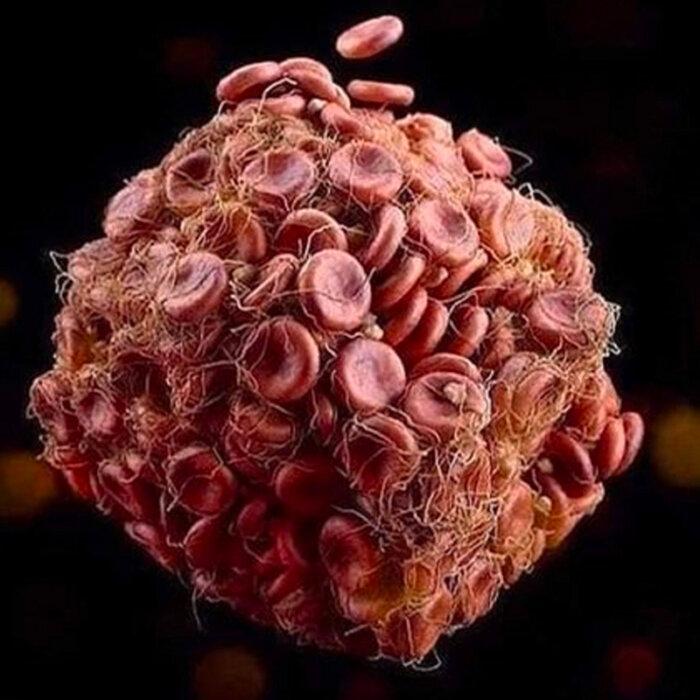The data sets, compiled by MBRRACE-UK collaboration, reveal the mortality rate for women who died during or soon after pregnancy has increased to levels not seen since 2003–2005.
The investigation, led by Oxford University’s National Perinatal Epidemiology Unit (NPEU), includes data on all women who died during pregnancy and within six weeks after giving birth in the UK between January 2020 and December 2022. It also included data on women who died within a year of giving birth.
The report finds that: “Thrombosis and thromboembolism was the leading cause of death in women who died during pregnancy or within six weeks of their pregnancy ending. COVID-19 was the second most common cause of death, followed by heart disease and mental-health related causes.”
Thrombosis is the formation of a blood clot inside a blood vessel, obstructing the flow of blood through the circulatory system. Thromboembolism refers to when a blood clot forms inside a vein, and includes the condition known as deep vein thrombosis.
It is widely known that pregnancy and the birth-control pill place women at increased risk of suffering from blood clots.
The COVID-19 vaccines, too, have caused blood clots in some people, with young people reportedly at greater risk.
There are a number of ongoing legal cases against AstraZeneca in the UK, with action taken by the vaccine-injured and bereaved.
Death Rates
Overall, 293 women died between 2020 and 2022 either during pregnancy or within 42 days of giving birth, with 21 of these deaths found to be coincidental, such as from accidents. After blood clots, the next most common causes of maternal death were suicide and sepsis following pregnancy-related infections, followed by complications owing to COVID-19, and lastly cardiac disease and neurological conditions.The maternal death rate in 2020–2022 was 13.41 per 100,000 pregnancies, which is 53 percent higher than the rate of 8.79 deaths per 100,000 maternities in the previous three-year period (2017–2019), where COVID-19 and any factors related to it, including lockdowns and medical interventions, could not have been a factor.
Thirty-eight women reportedly died from COVID-19 in the same two-year period, but the research found, “When deaths due to COVID-19 are excluded, the maternal death rate for 2020-22 (11.54 deaths per 100,000 maternities) remains 31% higher than the rate for 2017-19.”
In the pre-lockdown era of 2018-20, the rate of deaths from blood clots was stable at less than 1.4 per 100, 000 maternities. In the years 2019-21, the number of deaths from blood clots rose to 1.6 per 100,000 pregnancies. The current report, covering the years 2020-22, shows a rise of 36 per cent, with blood clot deaths accounting for 2.17 per 100,000 maternities.
In the longer-term maternal deaths—those that occurred up until a year after birth—the most common cause of death was suicide, with mental health conditions and contact with social services being common factors in these cases.
Women living in the most deprived areas have a maternal death rate more than twice that of women living in the least deprived areas, the researchers found.
The maternal death rate for black women has decreased slightly from the rate in 2019–2021, but black women remain three times more likely to die and Asian women are twice as likely to die as white women.
A study last year by the Royal College of Midwives found there was a shortage of around 2,500 midwives in the NHS in England, and pointed to soaring levels of obesity and the increasing average age of women giving birth as factors placing strain on maternity care.
Professor Marian Knight, director of the NPEU and lead author of the report, said the data reveal the UK maternal death rate “has returned to levels that we have not seen for the past 20 years,” and that the report “identifies clear examples of maternity systems under pressure.”
She said, “Ensuring pre-pregnancy health, including tackling conditions such as [being] overweight and obesity, as well as critical actions to work towards more inclusive and personalised care, need to be prioritised as a matter of urgency now more than ever.”
Baby loss charity Sands said, “The latest data showing a rise in maternal deaths is very worrying and adds to the overwhelming body of evidence that improving maternity safety for all needs to be at the top of the government’s agenda.”
The data sets have been published ahead of the full “Saving Lives, Improving Mothers’ Care” report, which will be published later this year.
The NHS continues to recommend that pregnant women receive COVID-19 vaccines as well as inoculations for the flu and whooping cough.
The Epoch Times contacted the researchers at MBRRACE for information on whether they had recorded the COVID-19 vaccination status of the women in the study, or if they have any plans to do so going forward, but has yet to receive a response.







